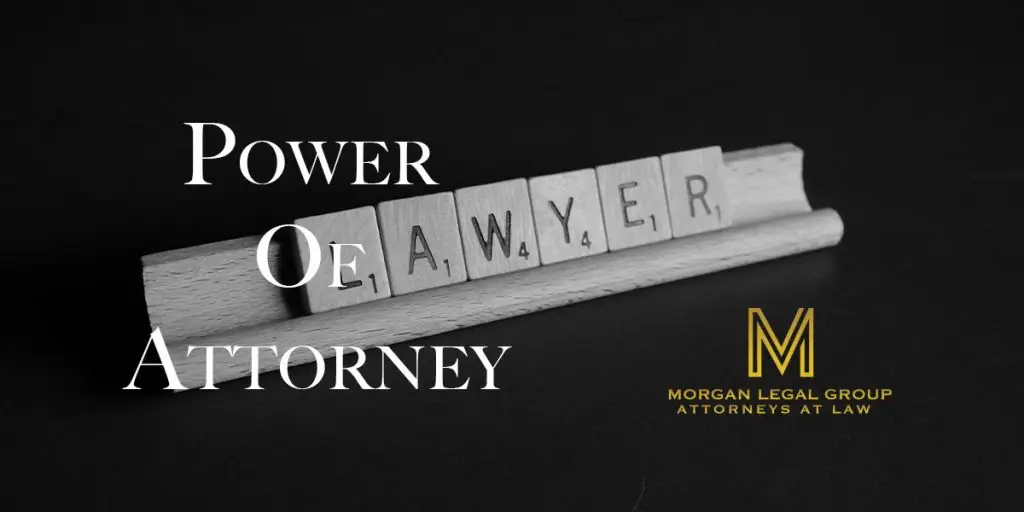Understanding the Power of Attorney
Welcome to Morgan Legal Group P.C., your trusted source for legal guidance in New York City. In this article, we delve into the essential concept of the Power of Attorney and how it can play a crucial role in your life. Our experienced attorneys are here to provide you with insights and advice on this legal tool that can grant you or a trusted individual the authority to make important decisions on your behalf.
What is a Power of Attorney?
A Power of Attorney (POA) is a legal document that authorizes a designated person, known as an “agent” or “attorney-in-fact,” to act on your behalf in various financial, legal, and personal matters. This legal tool can be an invaluable asset in situations where you are unable to manage your own affairs due to illness, absence, or other circumstances.
Types of Power of Attorney
There are several types of POA, each serving specific purposes:
1. General Power of Attorney
This type grants your agent broad powers to manage your financial and legal affairs. It can be effective immediately and is often used for convenience or in situations where you need assistance but are still capable of making your own decisions.
2. Durable Power of Attorney
A durable POA remains in effect even if you become incapacitated. This ensures that your agent can continue to act on your behalf if you are unable to make decisions independently. It offers added security and protection.
3. Limited Power of Attorney
Also known as a specific or special POA, this type grants your agent limited authority for a specific purpose or time period. For example, you might use a limited POA when buying or selling real estate and cannot be present for the transaction.
4. Springing Power of Attorney
A springing POA only becomes effective if a specific event occurs, such as your incapacitation. It offers control while preserving your autonomy until the triggering event.
Key Considerations
Creating a Power of Attorney requires careful consideration:
1. Choosing Your Agent
Select an agent you trust implicitly. This individual will have access to your personal and financial information, so it’s essential to choose someone who will act in your best interests.
2. Specific Powers
Clearly outline the powers you are granting to your agent. You can provide specific instructions about what actions they can take on your behalf, ensuring that your wishes are respected.
3. Legal Formalities
POAs must adhere to specific legal requirements in your jurisdiction. Our experienced attorneys will guide you through the drafting and execution process to ensure its validity.
Revoking a Power of Attorney
If circumstances change, you have the right to revoke or modify a POA as long as you are mentally competent. Our attorneys can help you navigate this process and draft the necessary legal documents.
Contact Us for Power of Attorney Guidance
At Morgan Legal Group P.C., we understand the significance of a Power of Attorney and its implications on your future. Our experienced attorneys are here to provide you with personalized advice and assist you in drafting a legally sound document that reflects your wishes and safeguards your interests.
Contact us today to schedule a consultation and learn how a Power of Attorney can empower you to manage your affairs effectively.









